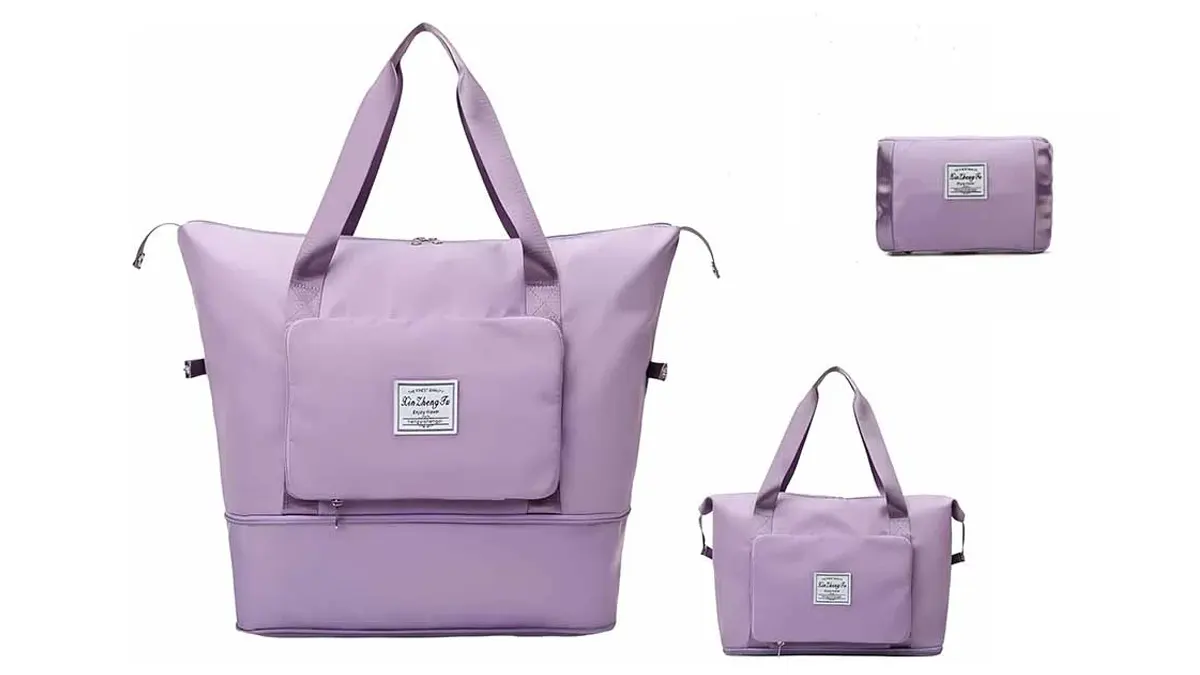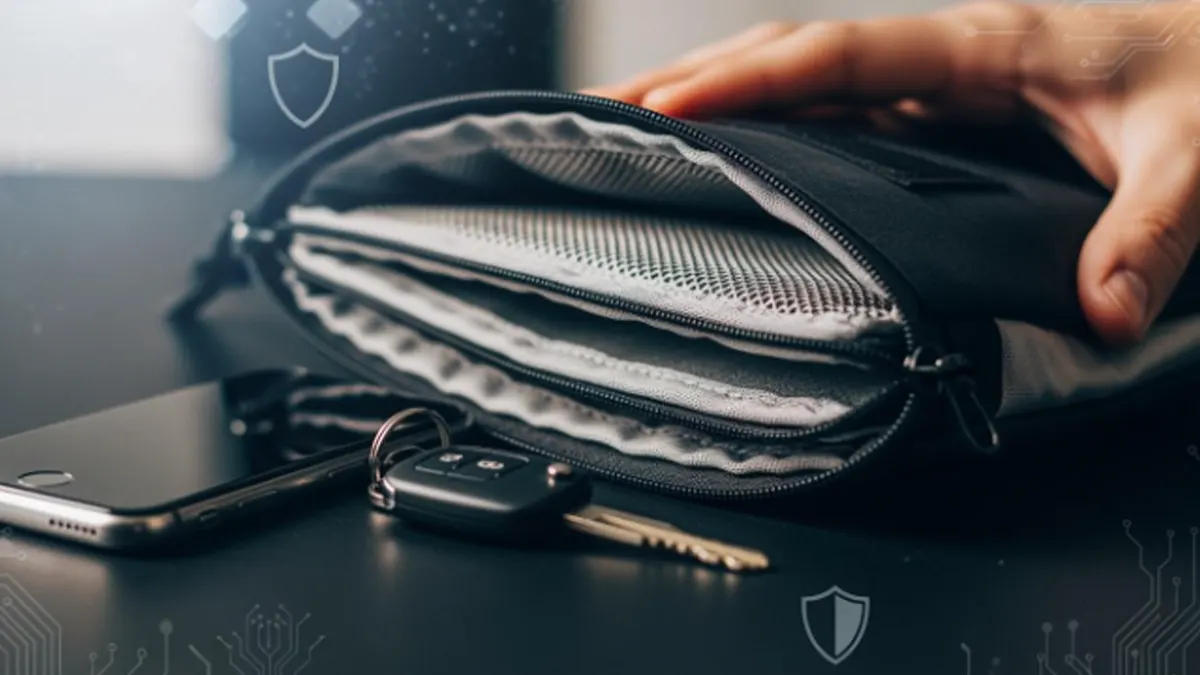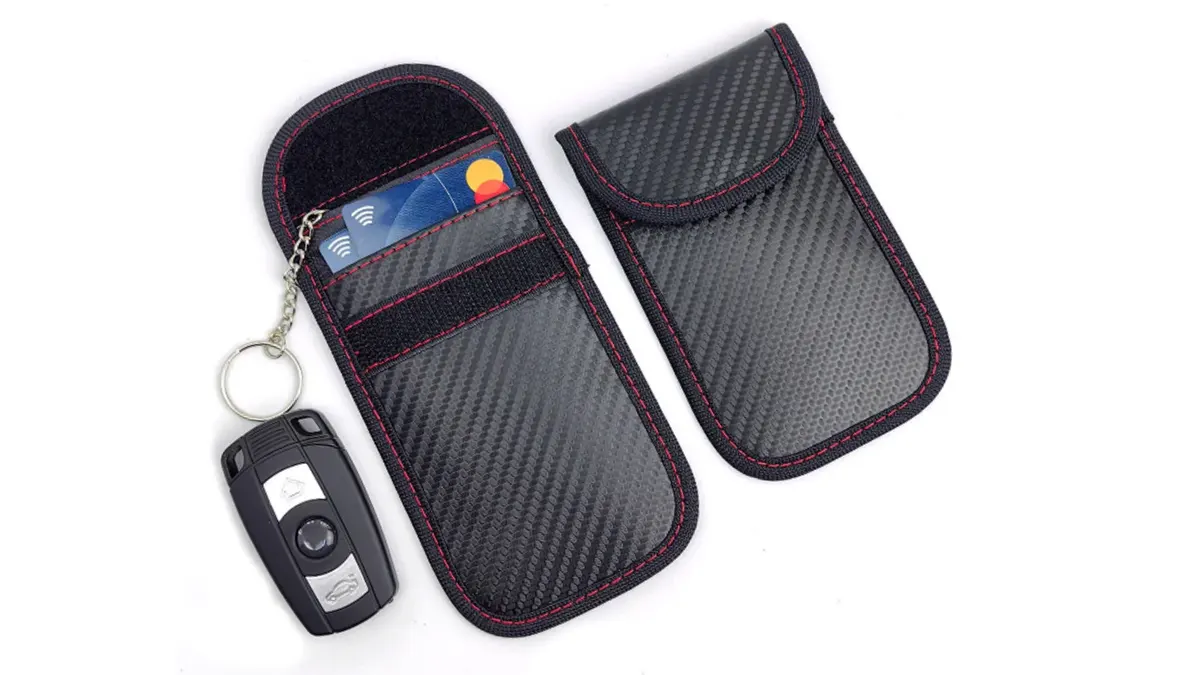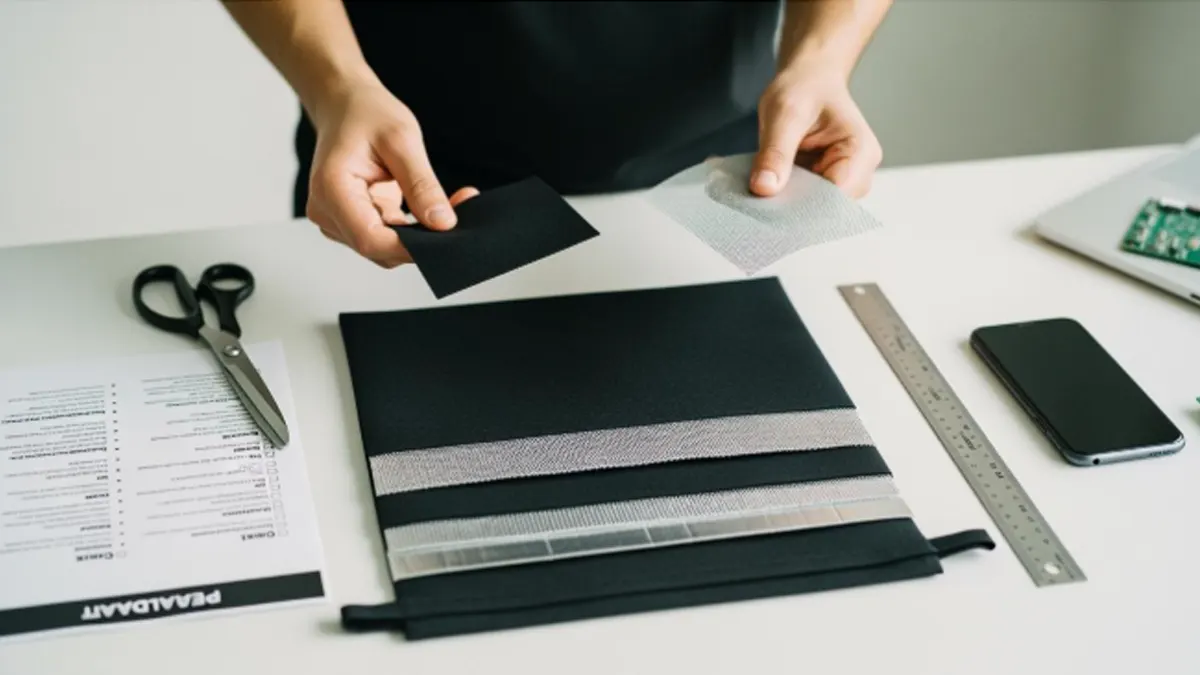If you have ever carried a camera and worried about scratching the lens or knocking it while on the move, you already understand why a camera bag is important. So what is a camera bag? It is more than just a regular bag. It is a safe place for your camera and all the small accessories that go with it. You can think of it as your gear’s safe house, your organizer, and your travel partner all in one.
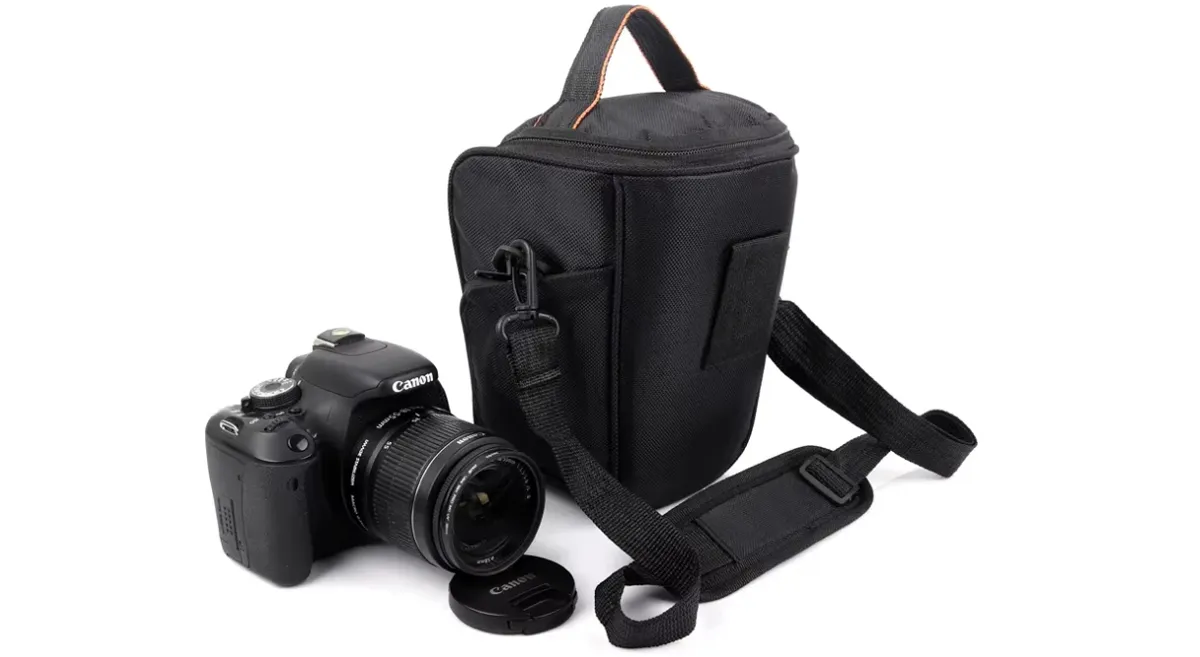
In this guide, we will walk through everything you need to know about camera bags: what they are, why you need one, the different types available, and how to pick the perfect one for your lifestyle. We will also look at common mistakes, materials, accessories, and practical care tips. By the end, you will have a clear idea of which camera bag fits you best, whether you are a beginner buying your first DSLR or a professional carrying a full setup.
What Exactly is a Camera Bag?
At its simplest, a camera bag is a specially designed bag that keeps your camera equipment safe, organized, and easy to carry. Unlike a regular backpack or tote, a camera bag has padded compartments, dividers, and straps built specifically for delicate gear like lenses, batteries, drones, and even tripods.
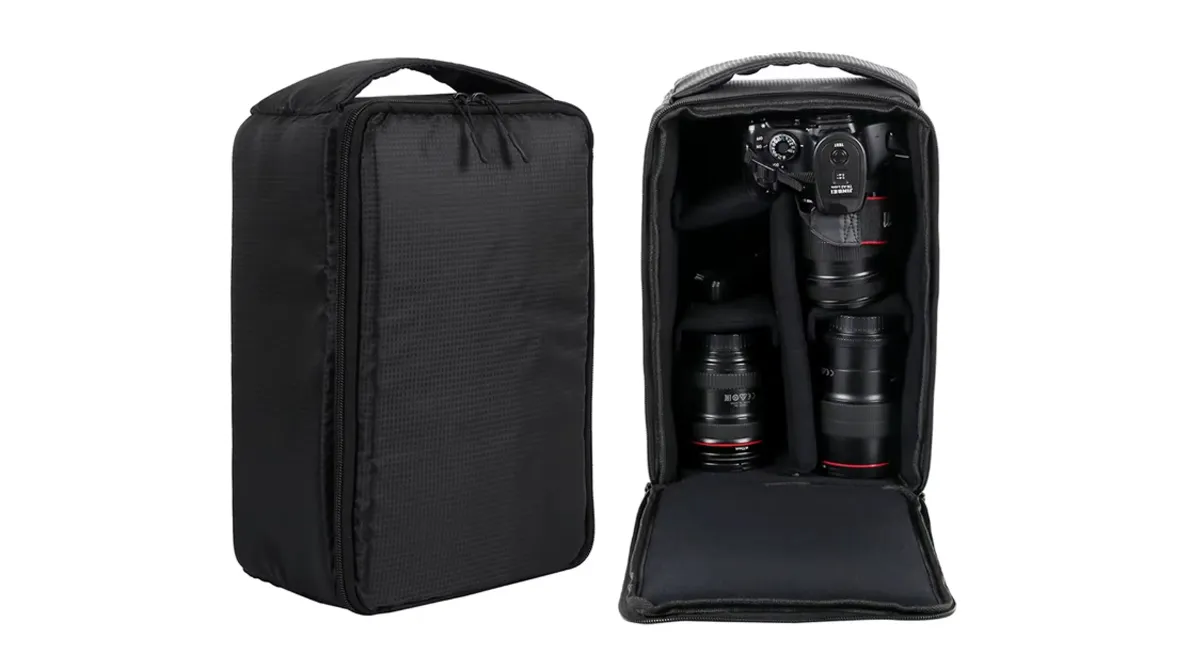
The main job of a camera bag is threefold:
- Protection – Cameras and lenses are fragile and expensive. A camera bag shields them from bumps, dust, and moisture.
- Organization – With adjustable dividers, you can keep gear in place, so you don’t waste time digging.
- Mobility – A well-designed bag helps you move comfortably, whether you are hiking, traveling, or shooting weddings.
So, when someone asks, what is a camera bag, the answer is: it is your gear’s best friend.
Key Features of a Camera Bag
You might be wondering what makes a camera bag different from just tossing your DSLR into a tote. The good news is, once you see the features, it all makes sense.
- Padding and Shock Protection – The thick foam walls prevent damage if the bag gets dropped.
- Compartments and Dividers – Velcro dividers let you adjust the inside to fit different lenses.
- Water Resistance – Many bags are made of nylon or polyester with water-repellent coatings.
- Accessibility – Some bags open from the side or top for quick lens changes.
- Comfortable Straps – Padded shoulder straps or ergonomic designs let you carry gear for hours without pain.
- Security – Zippers, flaps, or even anti-theft locks protect your valuables.
Different Types of Camera Bags
Not all camera bags look the same. Some are stylish and sleek, others look rugged and heavy-duty. Let’s break down the main types:
Shoulder Camera Bags
These are small, boxy bags worn across one shoulder. They are great for quick access and carrying one camera plus a lens or two. Perfect for street photographers.
Backpack Camera Bags
These distribute weight evenly across your back. They are popular with travel photographers who carry multiple lenses, a laptop, and sometimes a drone.
Sling Camera Bags
A crossbody style that swings from back to front for fast lens changes. Lightweight but less roomy.
Rolling Camera Bags
Imagine a mini suitcase with compartments for all your gear. Ideal for professionals traveling by plane.
Hard Cases
If ultimate protection is your goal, nothing beats a waterproof, shockproof hard case. Common in film production crews.
Stylish Everyday Camera Bags
Some look like fashion handbags or office briefcases but have hidden padded compartments. Great if you want protection without screaming “expensive gear inside!”
Table 1: Comparison of Camera Bag Types
| Type | Best For | Pros | Cons |
|---|---|---|---|
| Shoulder Bag | Street photography, light gear | Quick access, compact | Can strain one shoulder |
| Backpack | Travel, hiking, large setups | Balanced weight, roomy | Slower access |
| Sling Bag | Casual shoots, fast changes | Lightweight, convenient | Limited space |
| Rolling Case | Air travel, studio work | Protects heavy gear | Bulky, less portable |
| Hard Case | Professional production | Maximum protection | Heavy, rigid |
| Stylish Bag | Urban, lifestyle shooting | Fashionable, discreet | Usually less capacity |
Why Use a Camera Bag Instead of a Normal Bag?
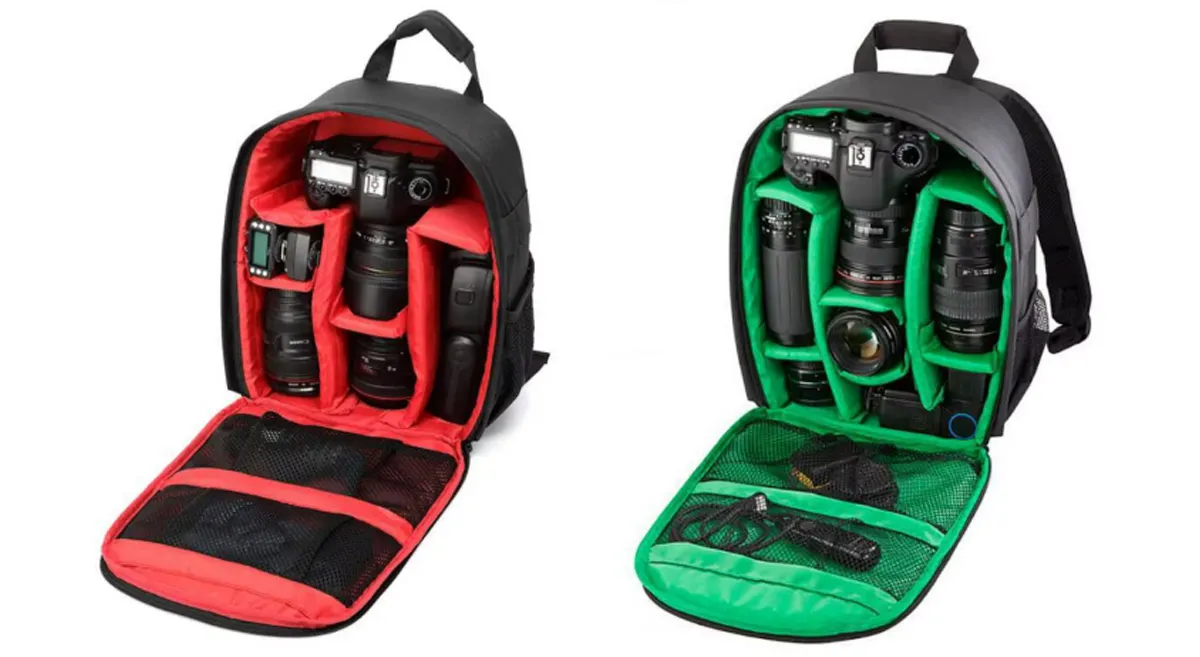
You might think, “Can’t I just use a backpack I already own?” Sure, you could. But here’s the catch: normal bags don’t provide the same level of safety or organization. Imagine throwing a $1,000 lens into a tote with no padding. One bump on the subway, and you are dealing with cracks or scratches.
Camera bags are built with shock-absorbing padding, weather resistance, and smart dividers. They are like insurance for your gear—only way cheaper.
Choosing the Right Camera Bag
Now comes the fun part: picking the right one. This is where beginners often get stuck, but let’s break it down step by step.
- Gear Capacity – Do you just carry one camera body, or do you travel with multiple lenses and a laptop?
- Purpose – Street shots, travel, weddings, or wildlife? Each requires a different style.
- Weather Protection – Look for rain covers if you shoot outdoors.
- Comfort – Long hikes mean you need padded straps.
- Style – Do you prefer discreet, professional, or stylish?
Table 2: Gear Capacity Guide
| Bag Size | Fits | Best For |
|---|---|---|
| Small | 1 body + 1 lens + batteries | Beginners, casual shooting |
| Medium | 1 body + 2–3 lenses + flash | Travel, everyday use |
| Large | 2 bodies + 4–6 lenses + laptop | Professionals, weddings |
| Extra Large | Full kit + drone + tripod | Outdoor, commercial work |
Materials Used in Camera Bags
Not all fabrics are equal. Here are the most common:
- Nylon/Polyester – Lightweight, durable, and usually water-resistant.
- Canvas – Classic look, tougher but heavier.
- Leather – Premium and stylish, but not great in heavy rain.
- Recycled Fabrics – Eco-friendly, a growing choice among modern brands.
Accessories and Add-Ons
A good camera bag can grow with you. Some extras to look for:
- Tripod straps
- Laptop compartments
- Lens pouches
- Anti-theft zippers
- Waterproof rain covers
Common Mistakes to Avoid
- Choosing a bag only because it looks cool
- Buying too small—gear collections always grow
- Forgetting comfort, especially for long trips
- Ignoring waterproofing
How to Care for a Camera Bag
Taking care of your bag is simple but important. Wipe down fabric after shoots, especially if it gets dusty. Avoid leaving food inside (trust me, ants love to move in). Store it in a dry place to prevent mold. If your bag is waterproof, make sure zippers and coatings stay clean so they keep working.
Conclusion
So, what is a camera bag? It is more than just storage. It is peace of mind, better organization, and comfort while carrying fragile, expensive gear. Whether you are just starting out or running a full photography business, the right bag makes all the difference.
If you want a camera bag that feels truly yours, Initi can make it happen. We use strong materials, thoughtful layouts, and offer full OEM and ODM support. Whether you need wholesale supply, custom branding, or just a sample to start with, our team is here to help. Let’s create a bag that works for your brand and your customers.
FAQs
Can I use a regular backpack as a camera bag?
Technically, yes—but it is risky. A normal backpack does not have padded compartments, so your gear can move around and get damaged. Camera bags are built with dividers that keep each piece snug. Over time, using a camera bag saves you money in repairs and replacements.
Are camera bags waterproof?
Not all, but many are water-resistant. Some have built-in rain covers for heavy downpours. If you shoot outdoors, this feature is a lifesaver. Imagine hiking with $3,000 worth of gear in the rain—you would want that extra layer of safety.
What size camera bag should I buy as a beginner?
Start small. A medium bag that fits one body and two lenses is usually enough. As your gear grows, you can upgrade. The mistake many beginners make is buying too big too soon, which just makes carrying heavier.
Do camera bags fit laptops too?
Yes, many modern camera backpacks have laptop sleeves. This is handy if you edit photos on the go. Just make sure the laptop compartment has proper padding, not just a thin pocket.
Are stylish camera bags as protective as technical ones?
Some are, some aren’t. Fashion camera bags look great but may sacrifice heavy padding. If you mainly shoot in the city, they are fine. If you are climbing mountains, go for something more rugged.

